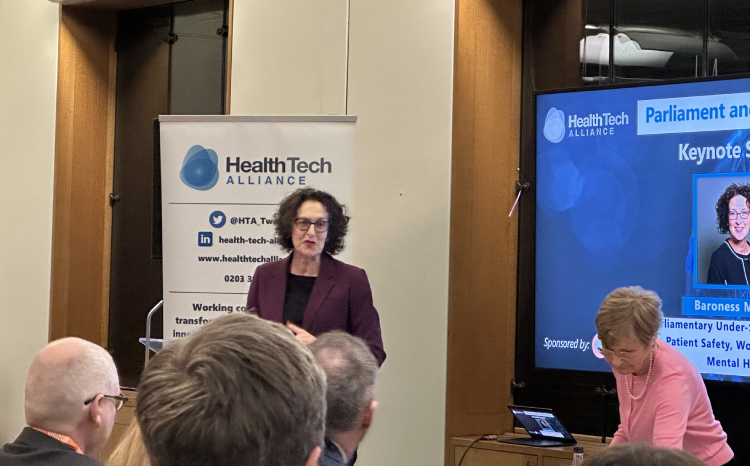Digital Health Coffee Time Briefing 
- 27 August 2024

Your morning summary of digital health news, information and events to know about if you want to be “in the know”.







One-third of US nurses suffering from burnout cite electronic health record (EHR) systems as a contributor, with 40% of these nurses planning to quit, a new report by the KLAS Collective as found.
The 2024 Arch Collaborative Nursing Guidebook included feedback from 75,000 nurses who reported their EHR satisfaction via the KLAS Arch Collaborative over the last three years.
It found that 33% of nurses who participated in the research reported burnout symptoms, with 32% of these nurses citing their organisation’s EHR as a contributor. Burned-out nurses were 192% more likely to leave their organisation within the next two years compared to those who don’t report experiencing burnout, the report found.
The reliability – or lack therefore – of EHR systems was identified as a major contributor to nurses’ dissatisfaction, with participants calling out slow loading times (68%), slow login processes (61%), hardware issues (57%) and unplanned downtime (36%) as their biggest bugbears.
The report makes a series of recommendations for supporting nurses, including improving EHR system maintenance and offering more tailored training.

Researchers at the University of Massachusetts Amherst published a paper in August 2024 exploring how often large language models (LLMs) tend to hallucinate when producing medical summaries.
In the study, titled Faithfulness Hallucination Detection in Healthcare AI, the research team collected 100 medical summaries from OpenAI’s GPT-4o and Meta’s Llama-3 LLMs. In the 50 summaries produced by GPT-4o, the researchers identified 327 instances of medical event inconsistencies, 114 instances of incorrect reasoning and three instances of chronological inconsistencies.
The research team found 271 instances of medical event inconsistencies, 53 instances of incorrect reasoning and one chronological inconsistency in the 50 summaries generated by Llama-3.

4 September, virtual event — The future for data protection in the UK



